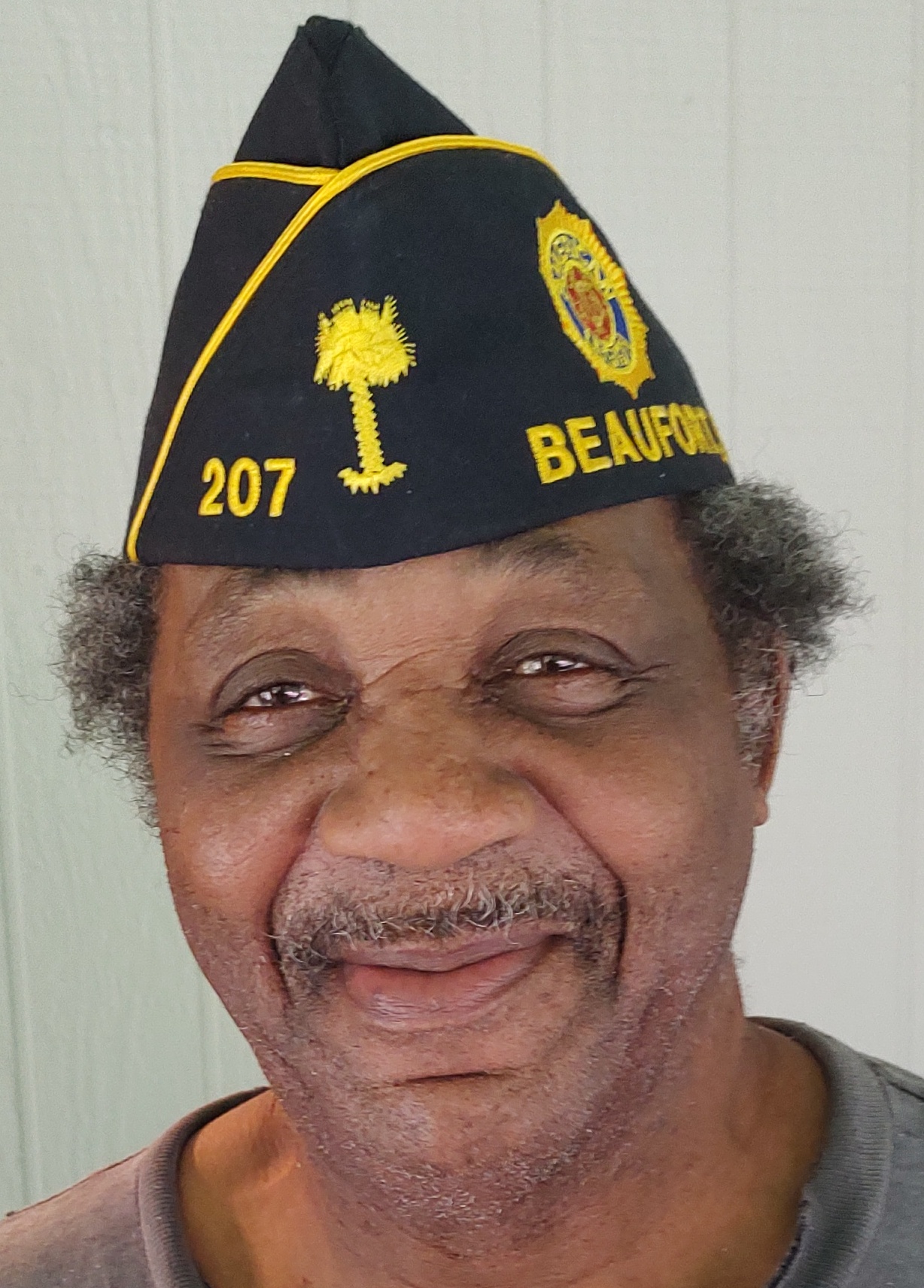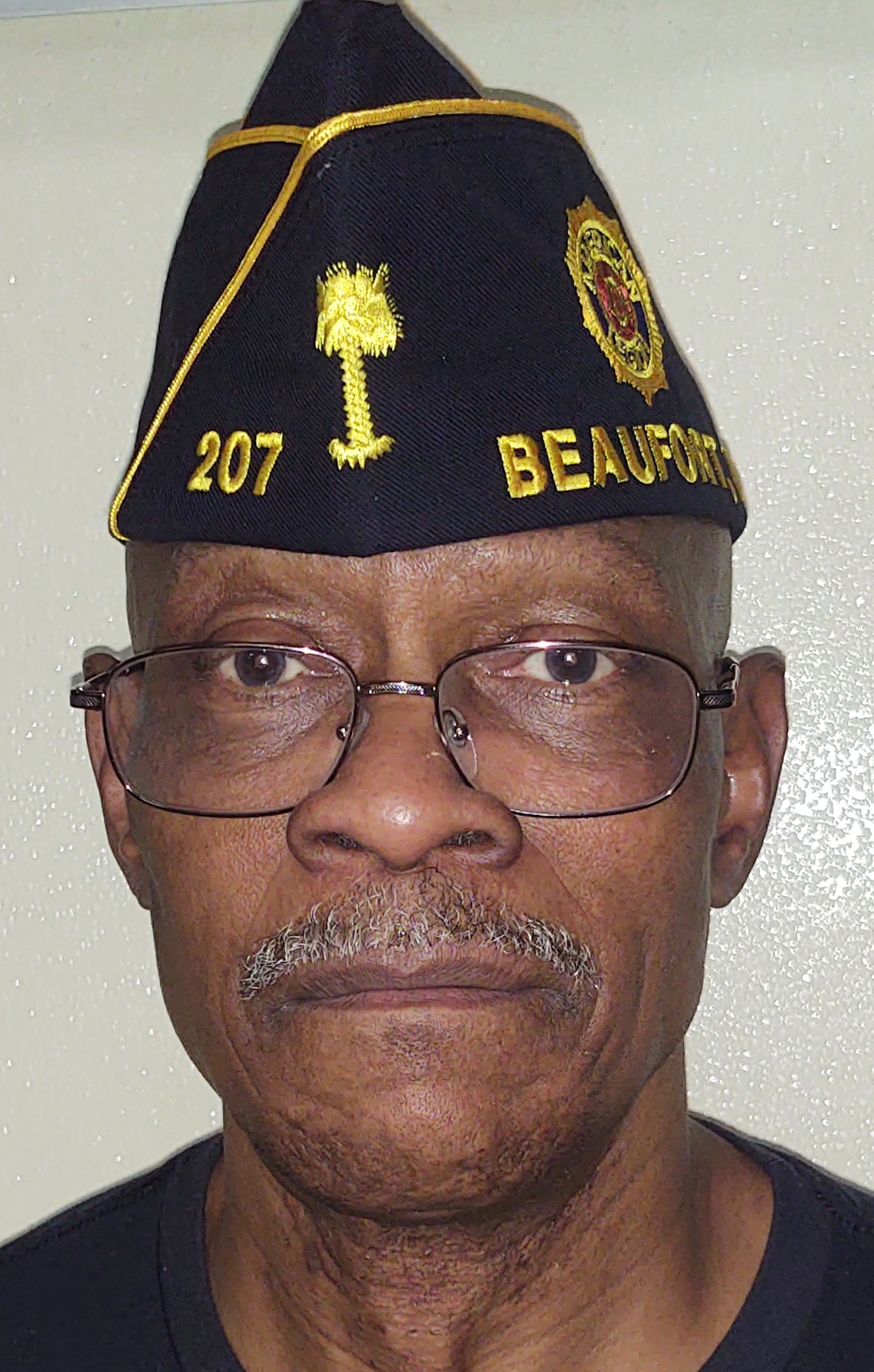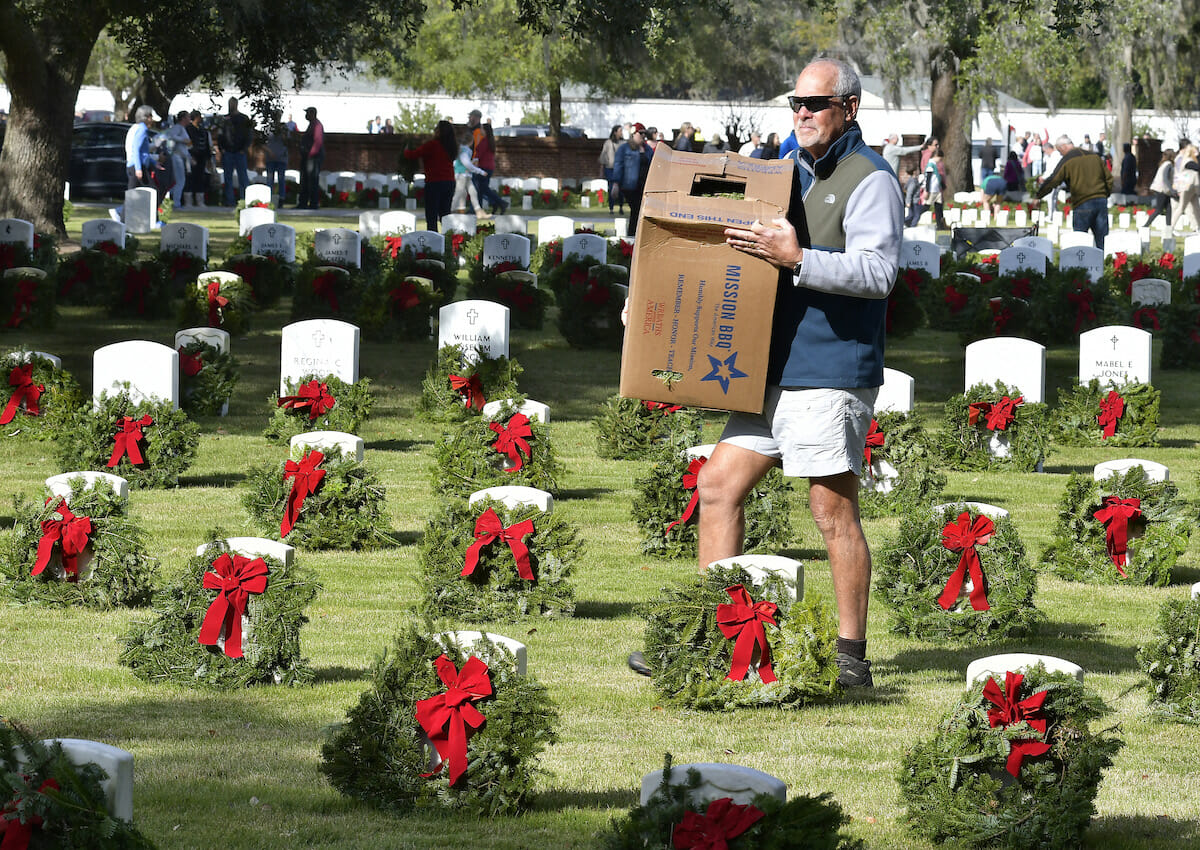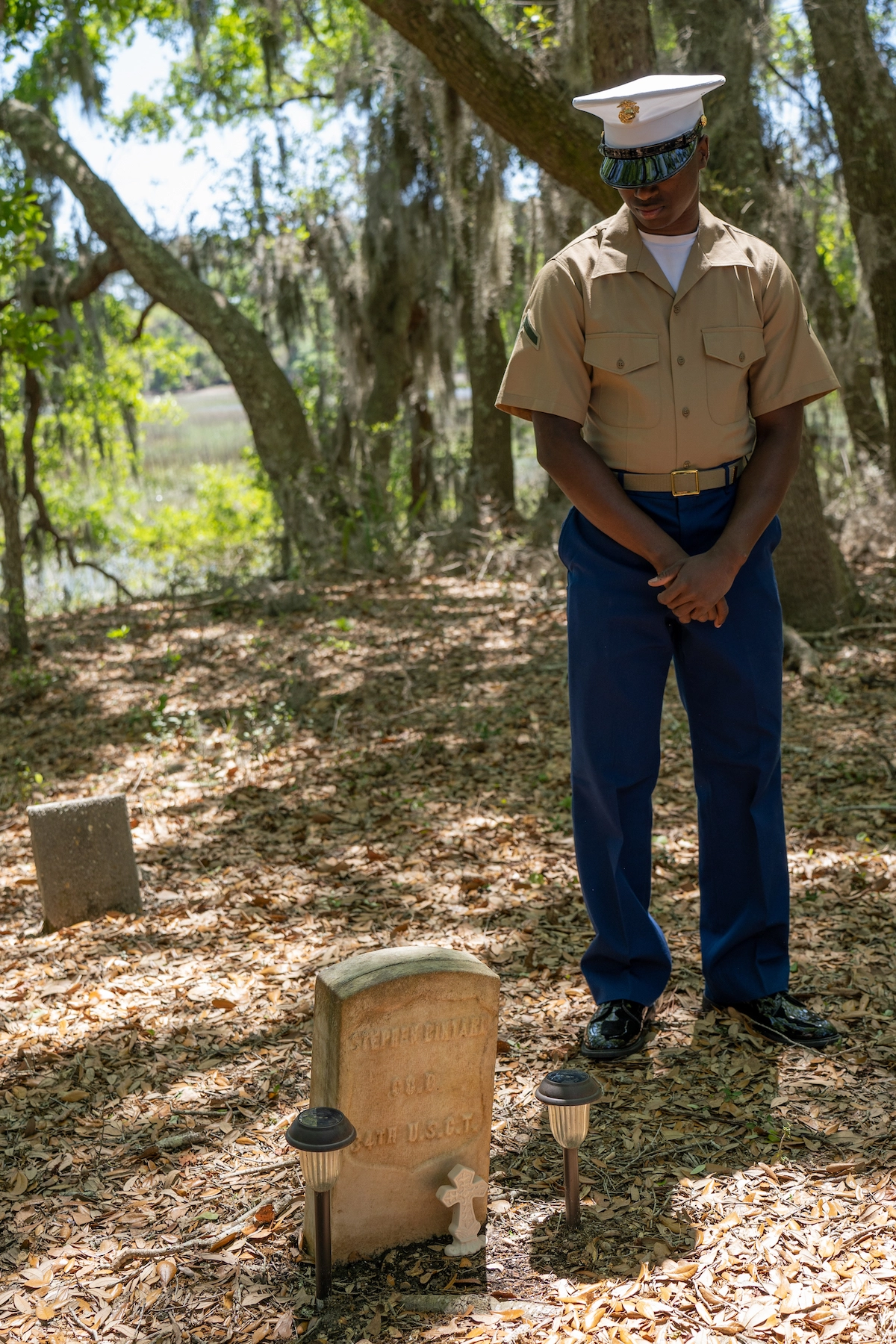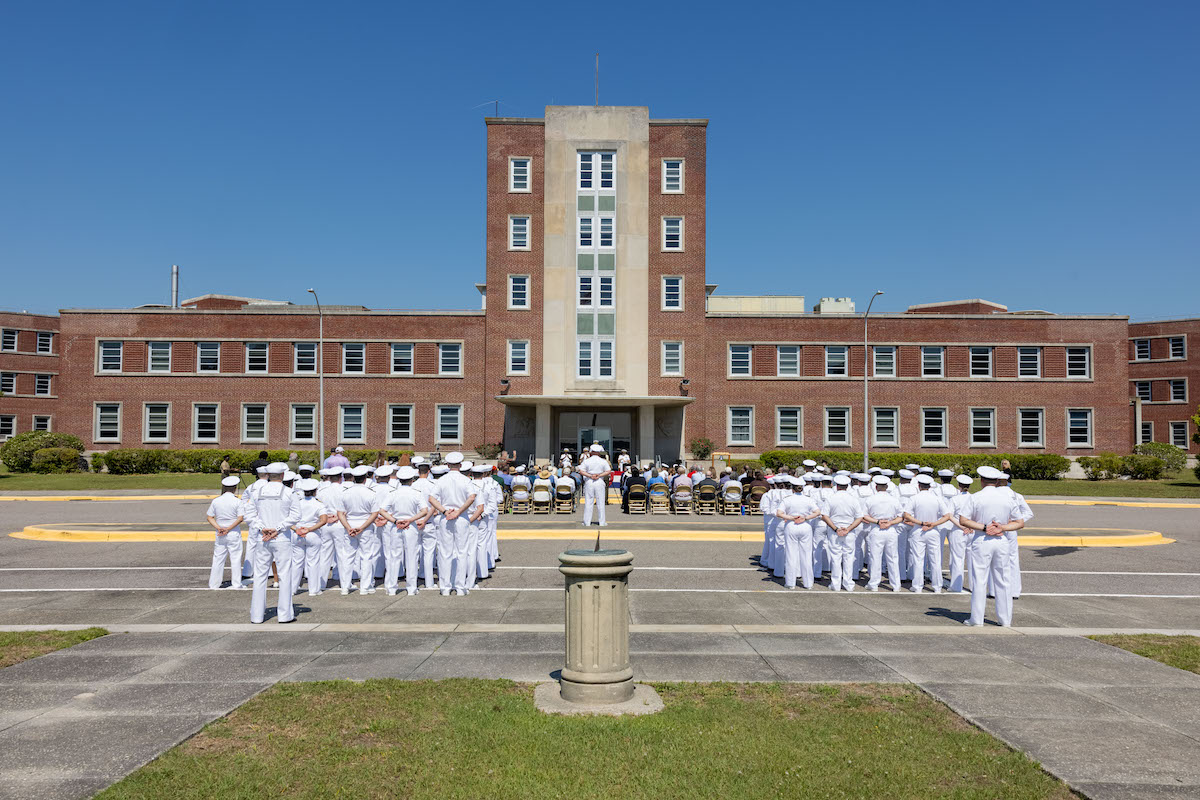By Larry Dandridge
The death of a veteran is stressful for a surviving family. It is especially stressful for a surviving spouse. Making such a significant emotional event more stressful is the complexities of filing for VA Survivor Benefits.
Survivor Benefits
There are many VA “survivor benefits and services” that the surviving spouse and dependents may be eligible for, including Dependency Indemnity Compensation (DIC), healthcare, education, training, employment, home loan programs, financial counseling, life insurance, burial benefits, memorial items, survivor’s pension, grief counseling, and more. Learn more about spouses, dependents, survivors and family caregivers VA benefits at https://www.va.gov/family-member-benefits/. Download the VA Survivor Benefits Guide at https://www.va.gov/files/2023-01/survivor-benefits-qsq.pdf.
Survivors can determine if they are eligible for survivor benefits by visiting https://www.va.gov/family-member-benefits/ or https://www.va.gov/survivors or by contacting the Veterans Benefits Administration (VBA) at 800-827-1000 or by contacting a Veteran Service Officer (VSO).
Cause of Death
To qualify for some death benefits, the cause of death must be determined to be service-connected. The service-connected disability, either by itself or in combination with another condition, needs to be the main or underlying cause of death. To claim any type of compensation, the service-connection disability must be listed on the Death Certificate.
For service-connected veterans, is it important to:
- Identify which physician will sign the Death Certificate; and
- Ensure that any service-connected disabilities related to the death are appropriately written on the Death Certificate.
If you are unsure whether you or your veteran has a service-connected disability, you can obtain this information by:
- Requesting a “Letter of Eligibility for Service Connection” through the VA at https://www.va.gov/records/download-va-letters/; or
- By calling the Veterans Benefits Administration (VBA) directly at 1-800-827-1000.
If you believe your loved one’s terminal illness is related to their military service and would like to be reevaluated, you should contact your VSO. This process can sometimes be expedited for hospice patients.
Dependency Indemnity Compensation (DIC) example
In some survivor DIC claims, the survivor must prove the veteran’s service-connected condition caused the death or materially and significantly contributed to the death.
According to About VA DIC for Spouses, Dependents ad Parents, https://www.va.gov/disability/dependency-indemnity-compensation/, a surviving spouse is required to show that one of these is true:
- The service member died while on active duty, active duty for training, or inactive-duty training; or
- The veteran died from a service-connected illness or injury; or
- The veteran did not die from a service-connected illness or injury but was eligible to receive VA compensation for a service-connected disability rated as totally disabling for a certain time.
If the veteran’s eligibility was due to a rating of totally disabling, the veteran must have had this rating:
- For at least 10 years before their death; or
- Since the veteran’s release from active duty and for at least 5 years immediately before their death; or
- For at least 1 year before their death if they were a former prisoner of war who died after Sept. 30, 1999
Learn more at Evidence To Support VA DIC Claims at https://www.va.gov/resources/evidence-to-support-va-pension-dic-or-accrued-benefits-claims/.
A surviving spouse will need the following documents or give the VA permission to gather these documents to support the spouse’s DIC Claim:
- Any service treatment and personnel records held by the veteran’s National Guard or Reserve unit; and
- Any of the veteran’s relevant private medical treatment records; and
- Any of the veteran’s treatment records held at a federal facility, like a VA medical center, that support the claim; and
- Any evidence from a layperson (someone who’s not a trained professional) of long-lasting symptoms of the disability.
Veteran’s Death Certificate.
Survivors will need their veteran’s Death Certificate. It will make claims much easier if the death certificate shows:
- The veteran had at least one service-connected disability that caused — or is linked to — their death; or
- The veteran died from an illness or injury not connected to their service while they were receiving compensation for a service-connected disability rated at 100% disabling.
Doctors
Physicians need to know the veteran is service-connected disabled. The best way to ensure that the veteran’s death certificate will have a service-connected cause of death on it is for the veteran and their spouse to ensure that:
- The veteran files a claim for their service-connected disabling conditions; and
- The veteran provides their doctors with the veteran’s military, veteran, and civilian medical records; and
- The surviving spouse, upon the veteran’s death, provides the attending physician and the coroner with their deceased veteran’s military, veteran, and civilian medical records, and a list of each of their veteran’s VA Disability Awards.
For example, a veteran can be mentally ill, with a history of hurting himself, with diagnosed PTSD, major anxiety disorder, and major depressive disorder, and then commit suicide. If the veteran has a VA service-connected disability for the mental illness conditions (PTSD, anxiety, depression), the death certificate will hopefully include the mental illnesses as the root causes or as the materially and significantly contributing causes of death.
Learn more about determining if a veteran’s death is service-connected by reading 38 Code of Federal Regulation (CFR) 3.312. The CFR explains, If the death certificate shows a service-connected condition as the principal cause of death or the service-connected condition contributed “substantially and materially” and that it “combined to cause death” or that it “aided or lent assistance to the production of death” then DIC should be granted.
Your VSO will help
A VSO will help the survivor with things like:
- Notifying the VA and the Defense Finance and Accounting Center of a veteran’s death.
- Filing for the month of death pay from both the VA and DFAS.
- If the veteran was retired military, filing for the Survivor Benefit Plan — if elected by the retiree.
- Applying for VA burial and mortuary, memorial, and financial burial benefits.
- Applying for VA Survivor’s Pension (income-based) or applying for DIC for spouses and parents, and
- Other VA benefits.
This VSO service will normally be provided by a County or State Area Veterans Services Office. Some ways to find VSOs include:
- Find SC County VSOs at https://scdva.sc.gov/county-veterans-affairs-offices.
- Find Georgia VSOs at https://veterans.georgia.gov/locations/veterans-field-service-office-near-you.
- Find VA-accredited representatives nationwide at https://www.va.gov/ogc/apps/accreditation/index.asp, and you can search for VSOs at VA Regional Offices at https://www.benefits.va.gov/vso/varo.asp.
The bottom line
Read the above-referenced VA webpages and the article in The Military Wallet, by Jessica Gette, dated January 5, 2023, titled What to Do When a Military Veteran or Retiree Dies, found at https://themilitarywallet.com/service-member-death-what-to-do/. Ask your VSO, your preferred Funeral Director, and your VA Social Worker for help in end-of-life planning.Larry Dandridge is a Vietnam War wounded warrior, disabled veteran, ex-Enlisted Infantryman, ex-Warrant Officer Pilot, and retired Lt. Colonel. He is a past Veterans Service Officer, a Patient Adviser at the RHJ VA Hospital, the Fisher House Charleston Good Will Ambassador, and the VP for Veteran Affairs for the local Army Association Chapter. Larry is the author of the award-winning book Blades of Thunder and a contributing free-lance writer with the Island News. Contact him at LDandridge@earthlink.net



